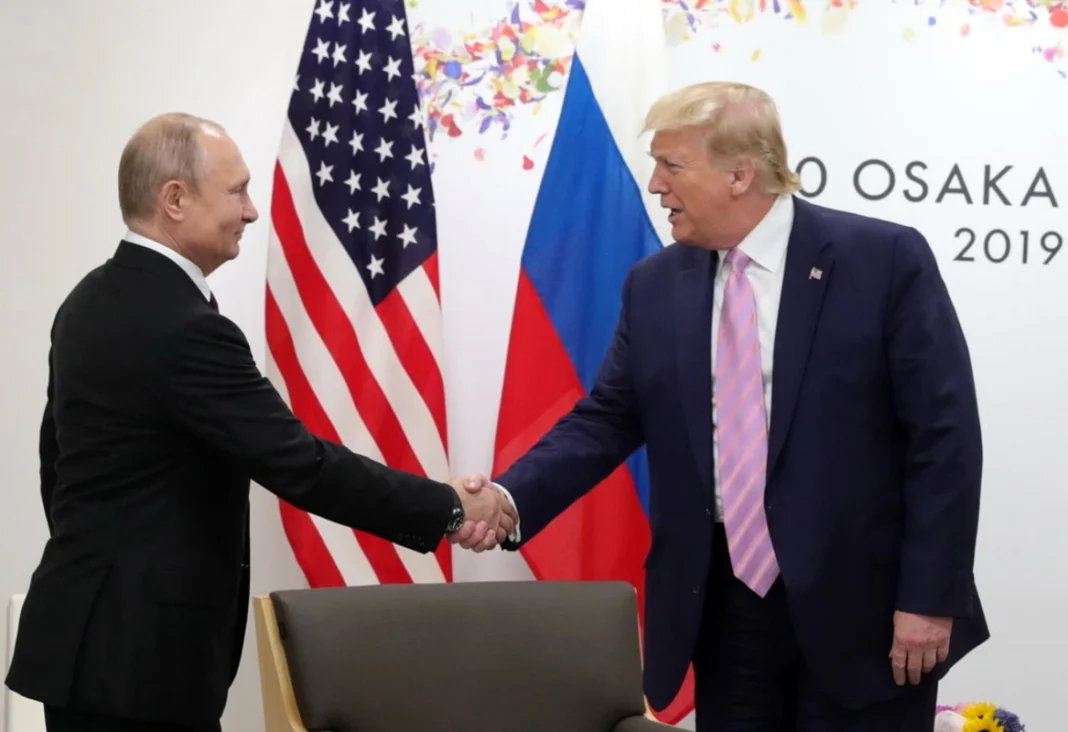By Marrahim Nasib
When Donald Trump returned to the political spotlight, his stance on the Russia-Ukraine war appeared to tilt more toward Moscow. However, recent developments suggest a notable shift. Following a reportedly tense phone call with Vladimir Putin, Trump has expressed disappointment with the Russian leader — a move that could signal a change in trajectory.
Meanwhile, European Commission President Ursula von der Leyen has confirmed that the EU is reviewing an 18th sanctions package against Russia, designed to strike at the “heart of the Russian economy.” Although Trump and the EU once had divergent views on Russia, their positions now seem more aligned.
So, what’s next for Russia? And how could these developments impact the trajectory of the war in Ukraine?
Expert Analysis: Putin Has Disappointed Trump
Turkish political scientist and professor Hüsamettin İnanç believes the relationship between Trump and Putin has reached a turning point:
“Trump had hoped his personal rapport with Putin would be enough to broker peace. But as the war dragged on, it became clear that Russia is intent on pursuing its imperial ambitions. This has frustrated Trump, who is now applying pressure on the Kremlin.”
According to İnanç, Trump has two major goals related to the war:
Gaining access to Ukraine’s natural resources, and
Negotiating peace to earn the Nobel Peace Prize.
However, Putin has undermined both aspirations. On July 4, the Russian president declared that Luhansk was fully under Moscow’s control, and reiterated that Crimea will never be returned, while signaling further territorial ambitions.
Istanbul Talks Likely Doomed
Professor İnanç is skeptical that upcoming Istanbul negotiations — if held — will lead to any breakthrough:
“Ukraine and Russia have fundamentally opposing demands. Kyiv insists on a complete Russian withdrawal, including from Donetsk, Luhansk, and Crimea, while Russia refuses to give up any seized territory.”
He also noted that Trump’s recent reduction in military aid to Ukraine has weakened Kyiv’s position and emboldened Moscow. Despite Trump’s public criticism of Putin, İnanç suspects a backroom deal may be in play:
“There may be a secret arrangement between Trump and Putin involving the joint exploitation of rare earth elements in Russia. Trump’s priority is money, and he approaches every conflict from that angle.”
Europe: A Growing Rift with Washington
These dynamics have caused further friction between the EU and Washington. Professor İnanç points out that Europe no longer trusts the U.S. under Trump, especially due to his ambivalence toward NATO obligations and reduced support for Ukraine.
This has led to a dramatic shift in European security strategy:
The EU has proposed an €850 billion defense budget,
Plans for an independent European army are gaining momentum,
Brussels is slowly decoupling from NATO, seeking strategic autonomy.
“Europe won’t back down in the face of Trump’s unpredictability,” İnanç said. “In the end, this pressure could force Trump to align more closely with the EU.”


